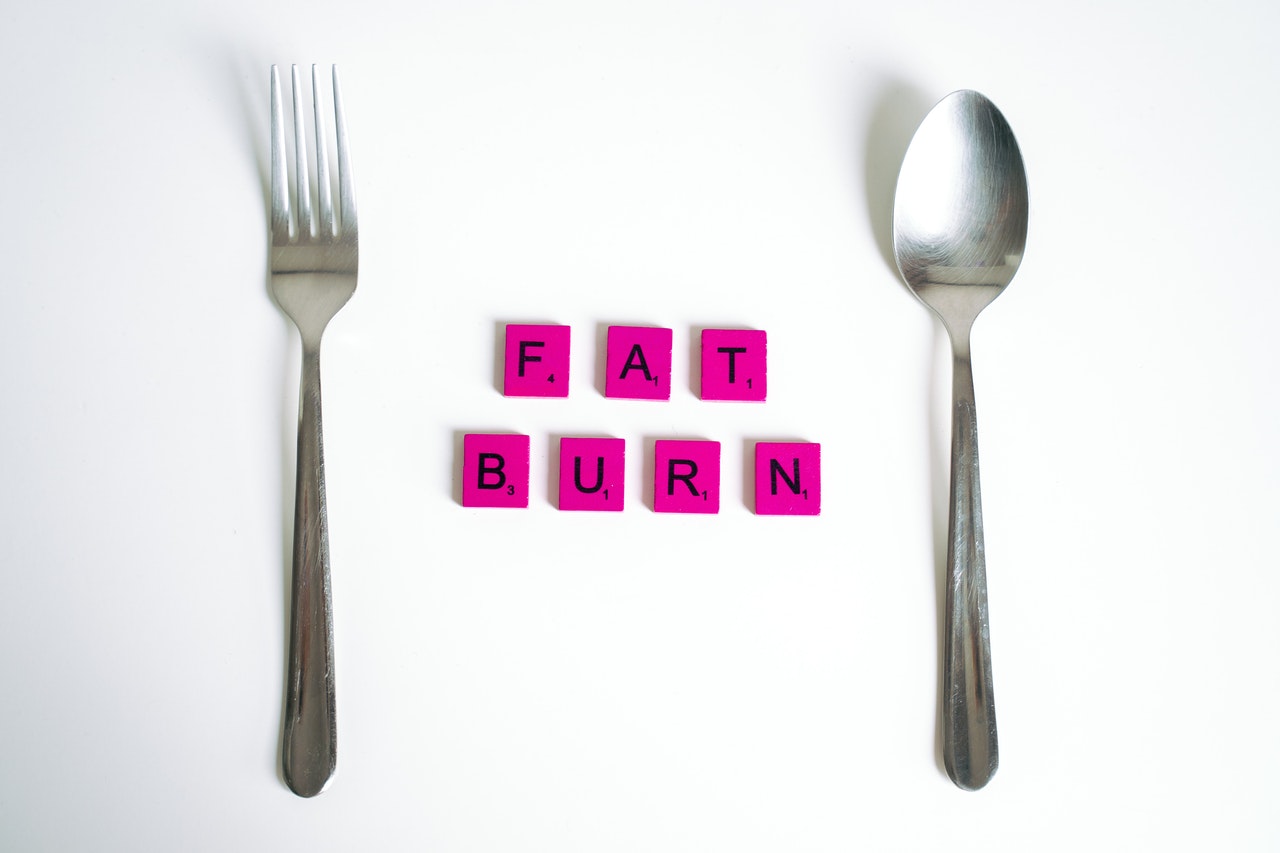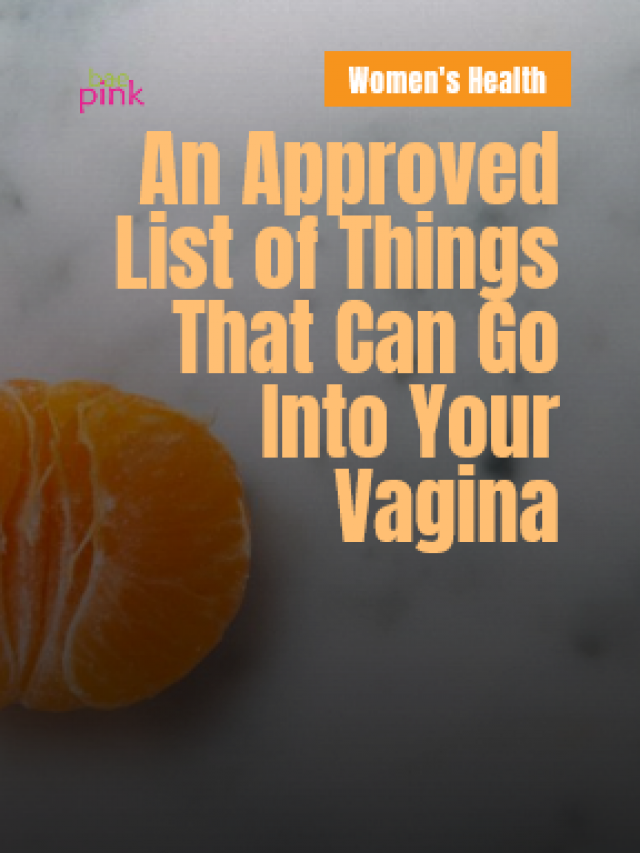If you’re pregnant or planning on becoming pregnant, you probably have a whole load of questions about this journey you’re on. You would like to know more about Labour pain control methods and side effects.
Pregnancy and birth are so overwhelming, about becoming a parent! This is one of the most important changes one goes through, and you need all the support you can get along the way.
One form of care is through knowledge. Knowledge on how your body is changing through pregnancy, what to think about before you become a parent, and of course – what is birth going to be like?
Since time immemorial
Up until recently, babies were pretty much always born at home. Changes in culture and the medical industry have created a shift where hospital births are now the standard in numerous regions of the world, while home births are now considered unusual or even taboo.
Home Births are fairly popular in countries like the UK and the Netherlands, but not everywhere. However, the popularity of home births in other places are rising, but it doesn’t come without its questions and concerns.
Let’s take a look at them.
What do you mean by Homebirth?
Quite simply, it’s labouring and giving birth in the comfort of your home.
For the sake of this discussion, we’re only going to talk about planned home births with a licensed midwife or OB/GYN who attends home births, and not “free births” or unattended home births.
Is Home Birth Safe?
The fact of the matter is, that most birth emergencies don’t happen unexpectedly. The majority of the time, they occur slowly and providers have warning symptoms well before a real emergency occurs.
12% of home birth birthing people had to transfer, with only one-fourth of those transfers being urgent. The most common reasons people transferred were “failure to progress” (their body wasn’t dilating naturally), desire for pain relief, and exhaustion.
A recent BMJ 2005 Jun 18 study
Another thing that numerous people don’t understand is that midwives are qualified, medical professionals.
Midwives know what symptoms to watch for, are authorities in facilitating unmedicated births, and carry safety devices with them like baby monitors, sterile instruments, necessary medications, emergency haemorrhage medication, oxygen tanks, sutures for tearing, and sometimes IV fluids.
A good midwife will also have a clear plan for if you need to transfer to the hospital.
It’s essential when interviewing midwives, to request them about their association with local hospitals, their transfer charges, if they visit with you when you transfer, and at what time they would choose to transfer.
Not everyone is suitable for home birth in the first place. Typically midwives will only consider “low risk” homebirth patients.
The criteria for home birth
What is deemed “low risk” differs from country to country, and even within countries, as well as between providers:
You might not be eligible for a home birth if you:
- Have had a prior C-section
- Have active genital herpes
- Have gestational diabetes
- Are pregnant with multiples
- Your baby is “breech” (Its head is not facing down into your pelvis)
- Have any serious medical conditions like lung, heart, kidney, blood clotting conditions, or preeclampsia
- Go into labor under 37 weeks pregnant
- Are over 42 weeks pregnant
Benefits of a Homebirth
Everyone has their personal reasons, here are some of the most obvious ones:
- You get to be at your home
- Feeling safer at home
- There are no distractions from bright lights, beeping monitors, and other hospital noises
- You get to labor and birth where you want (the toilet, your bed, outside)
- Avoid unnecessary interventions and a decreased risk of C-section
- Privacy, no random strangers coming into your birth space
- Less likely to be separated from baby after birth
- More options like water birth and delayed cord-cutting
- More people can be present for the birth, including children
- A decreased risk of infection
- Previous traumatic experience or birth at the hospital
- Do not want to be medically managed
If homebirth feels right for you, then honouring your wishes is a benefit in itself.
Your Baby Your Choice
This sounds true when choosing where you want to give birth.
Birth is unpredictable and things do happen, but if you have a “low risk” pregnancy, and wish to give birth at home – then you should have the option to do so. No matter where you end up giving birth, know that you did the right thing for you and your baby, and that’s what matters.

























